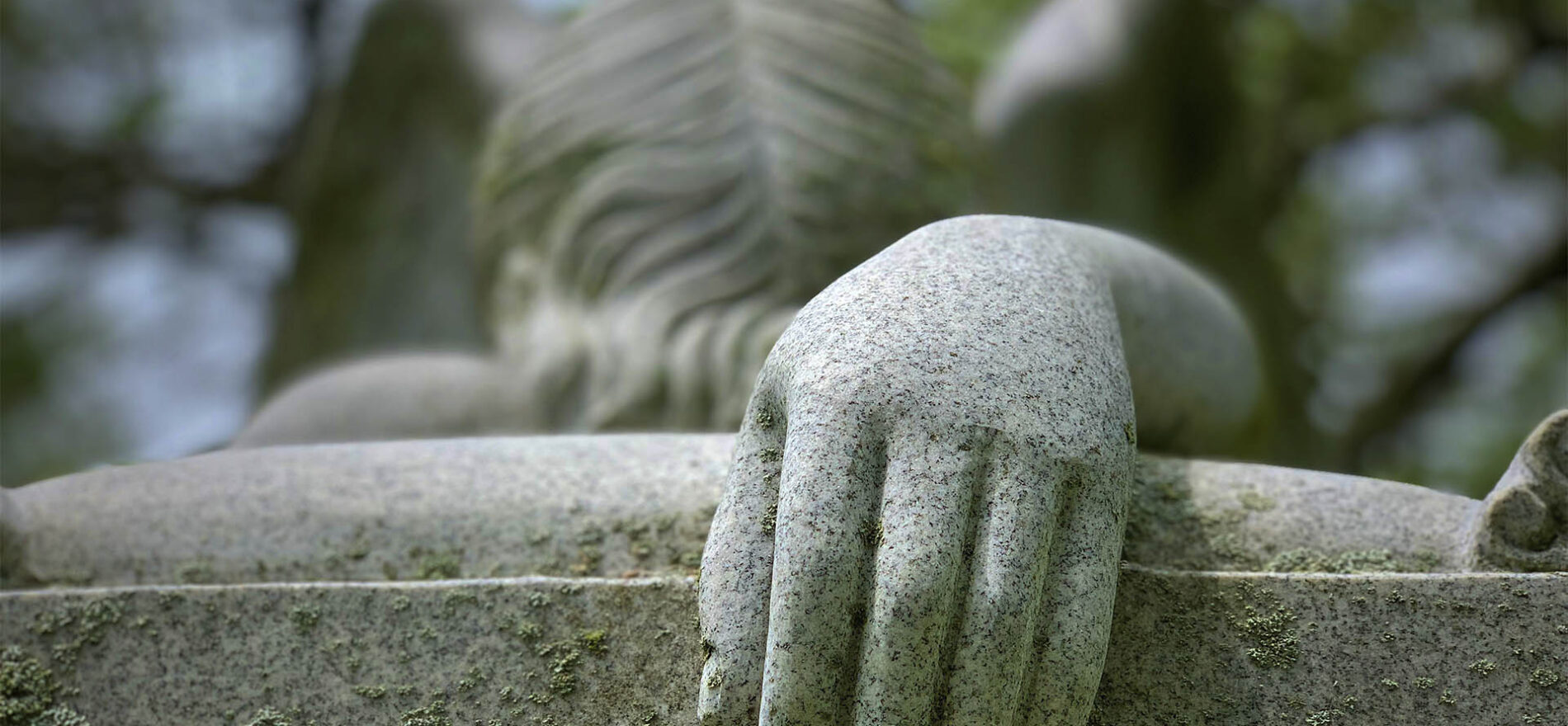This morning in my reading, I came to 2 Samuel 19. It’s an interesting passage. King David’s son, Absalom, has been killed, and, quite naturally, David is grief-stricken. Let’s walk through this a few verses at a time.
1 It was told Joab, “Behold, the king is weeping and mourning for Absalom.” 2 So the victory that day was turned into mourning for all the people, for the people heard that day, “The king is grieving for his son.” 3 And the people stole into the city that day as people steal in who are ashamed when they flee in battle. 4 The king covered his face, and the king cried with a loud voice, “O my son Absalom, O Absalom, my son, my son!”
– 2 Samuel 19:1-4 (ESV)
The backstory is this. Absalom, by cunning and deceit, took the kingdom from his father, David. Absalom’s coup didn’t happen in a vacuum. After the whole Bathsheba thing, David gradually became a horrible father. He didn’t take up for his daughter, Tamar, when she was raped by her half-brother, Amnon. Tamar was Absalom’s sister and this event was the final straw for him. Because David did nothing, he took it upon himself to avenge his sister’s honor and killed Amnon. David didn’t speak to Absalom for two years. In that time, Absalom plotted, and eventually, he successfully led a coup and took the throne from his father.
Here we are on the other side of that story. Absalom is dead. David is King again, but he is overtaken with grief. So much so that the victory from the battle was forgotten, and David’s men had to sneak into the city quietly so as not to disturb King David in his grief. He cries for Absalom, but his grief is deep. I’m sure that he had in mind everything that he failed at as a father to Absalom. He lamented his lack of action. He lamented his lack of concern. He grieved over two whole years of no talking. In 2 Samuel 18:33 it says the king was deeply moved when he heard of Absalom’s death. The Hebrew word for deeply moved means to shake, to quake, to rage. His grief shook him to the core. It enraged him. He couldn’t control himself physically as he cried out with a guttural scream of despair over Absalom’s death.
He grieved so loudly and publicly that it brought shame to his army.
Enter Joab, his commander.
5 Then Joab came into the house to the king and said, “You have today covered with shame the faces of all your servants, who have this day saved your life and the lives of your sons and your daughters and the lives of your wives and your concubines, 6 because you love those who hate you and hate those who love you. For you have made it clear today that commanders and servants are nothing to you, for today I know that if Absalom were alive and all of us were dead today, then you would be pleased. 7 Now therefore arise, go out and speak kindly to your servants, for I swear by the LORD, if you do not go, not a man will stay with you this night, and this will be worse for you than all the evil that has come upon you from your youth until now.”
– 2 Samuel 19:5-7 (ESV)
Clearly, Joab was a close friend to David because the rebuke he delivered could have cost anyone else his life. Joab discerned the situation. The men who risked their lives to fight for David now felt shame at their actions. What should’ve given them a sense of pride – saving the life of the King – was made to cause shame. I’m sure the sentiment was spreading in the ranks. What did we risk our lives for? Does the King not appreciate our sacrifice? Why should we feel this way? Joab took action, went into David, and gave him a hard truth. It seems that if Absalom were alive and we were all dead, I think you’d be happier.
There’s something to be said for leaders who go through times of grief, depression, and sadness but keep it from adversely affecting those they lead. I think there’s a lesson to learn from David and Joab in that regard. Whether you lead a thousand people or you are leading your family, the way we grieve is important. Your grief will affect the ones you lead, regardless. The trick is that you don’t want your grief to negatively affect them. How can you grieve in a way that is both healthy for you and healthy for those around you?
I don’t claim to be an expert at this, but I think we get a glimpse here in this passage. Look at how it ends.
8 Then the king arose and took his seat in the gate. And the people were all told, “Behold, the king is sitting in the gate.” And all the people came before the king.
– 2 Samuel 19:8
Don’t retreat into grief. David listened to Joab. He understood that his grieving was out of control and hurting the people who cared for him. He exercised some self-control, collected himself, and went out to his people. He honored them and removed the shame that his grief had brought upon them. How does this help us?
I don’t believe David’s grief was over at this moment. David made a leadership choice to honor his people. In some ways, what he did was invite his people into his grief. In essence, he was honoring their sacrifice and asking them to grieve with him. Does it say that? No, not directly. But I cannot imagine that he sat in the gate with a smile on his face. I think he was honest with his people, honored and thanked them for their service to him, and asked them for patience with him as he grieved the death of his son. In doing that, he invited the public to mourn with him. Those are my thoughts, but I think they’re probably in step with the story.
The people you influence will be better off from a shared experience of grief. If your sadness must affect them, let it be as an insider, not someone who has been pushed away. And there is strength to be gained from shared grief. It’s why we are told, “Weep with those who weep.” The people who love you desire to enter into your sadness with you, not observe it from the outside. You honor them by granting them an entrance.
I know this was out of my norm for a blog post, but it felt right to share these thoughts today. I hope this encouraged you. May the LORD bless you and keep you on your journey today.







Wise words. I was raised by a stoic father figure. However, I’ve learned to not kill the horse you rode in on. Don’t isolate yourself so completely that you push those who remain and love you away. It is manly to be the manly man. Just don’t become cold about it.